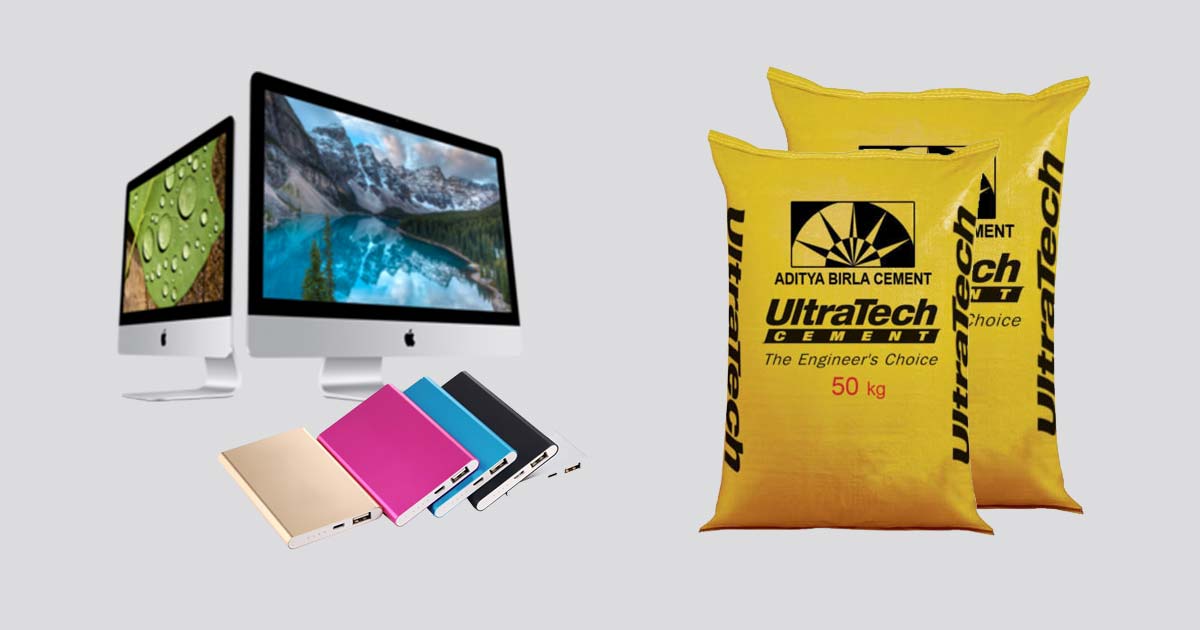GST rate rationalization will be the prime agenda for the 31st GST Council meeting on December 22nd. The Saturday’s meeting might witness 28 percent GST rate on computer screens and power banks slashed to 18 percent. However, construction items and auto parts may still be retained on the 28% tax slab.
The 28% top slab under GST consists of luxury and sin products. There are currently 35 items under this slab and the finance ministry is, reportedly, looking at the consequences that rationalization would have on tax revenue. Thomas Isaac, finance minister of Kerala, is of the opinion that any rationalization in GTS rates must be avoided until revenues are assured.
GST Rate Rationalization Impact on Consumers
- 18% GST on 20 inches and greater Computer Screens instead of the current 28%.
- GST rate on power banks to be slashed to 18% at par with normal batteries
- GST on UPS devices also to be slashed to 18%
The GST Council will have its hand tied when it comes to slashing GST rates on construction items like cement as GST accrues have been off target for greater part of 2018-19. The Government is looking at a collection target of Rs 1.16 trillion in the last 4 months of 2018 to meet its budget estimates of Rs 12.3-12.4 trillion.
Why GST Rate Rationalization Could Come Back?
A major point of concern over GST rationalization is its negative revenue impact. GST collections for states like Punjab, Himachal Pradesh, Uttarakhand, Bihar, and Karnataka have been substantially below expectations. Following, the rationalization in November last year and July this year, states are wary of the revenue shortfalls rationalization would have.
GST Refund Delays: Relaxation in Physical Refund Forms
While GST is still far from perfect, issues like e-way bill compliance and GST refunds may take a backseat in light of the upcoming general elections. However, the PMO has taken note of delays in GST refunds. Reportedly, timely GST refunds have been paralyzed as businesses had to file physical refund applications. This consequently has increased period for scrutiny and reconciliation. However, a relief could be announced in the upcoming 31st GT Council Meeting as the Government might limit physical refund form filing for only Non-GSTR-2A invoices. GSTR 2A is an auto-generated form for taxpayers. The GSTR 2A is generated with reference to the seller’s GSTR-1 form.
Procedural Changes
Following the amendments in GST laws in August 2018, the GST Council will bring changes to the Central GST and Integrated GST Acts as well. These changes include categorizing Businesses that fall under the GST reverse charge mechanism (RCM).
In line with the changes in GST Law, the GST Council in its 31st meeting will in all likelihood recognize two categories of businesses under the reverse charge mechanism (RCM) i.e the first category for businesses registered as composition scheme dealers and the second category for those businesses that do not use composition scheme. The rules for invoicing will vary for the two categories.









